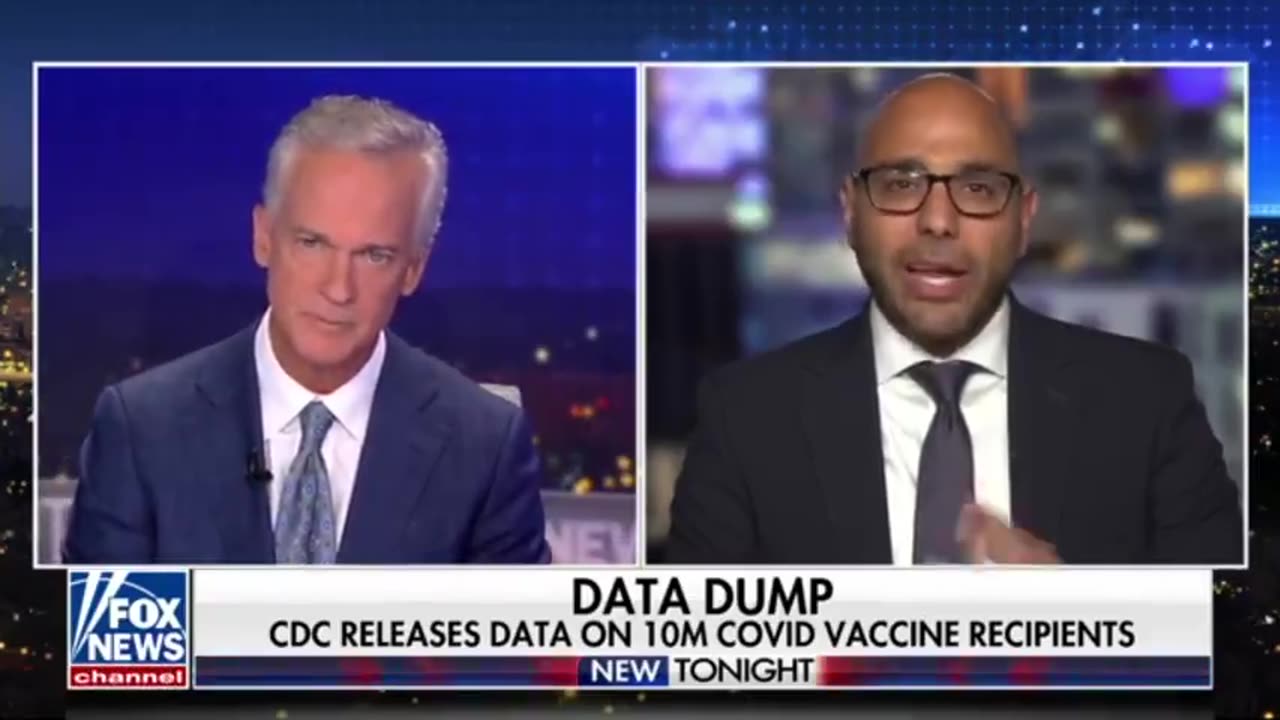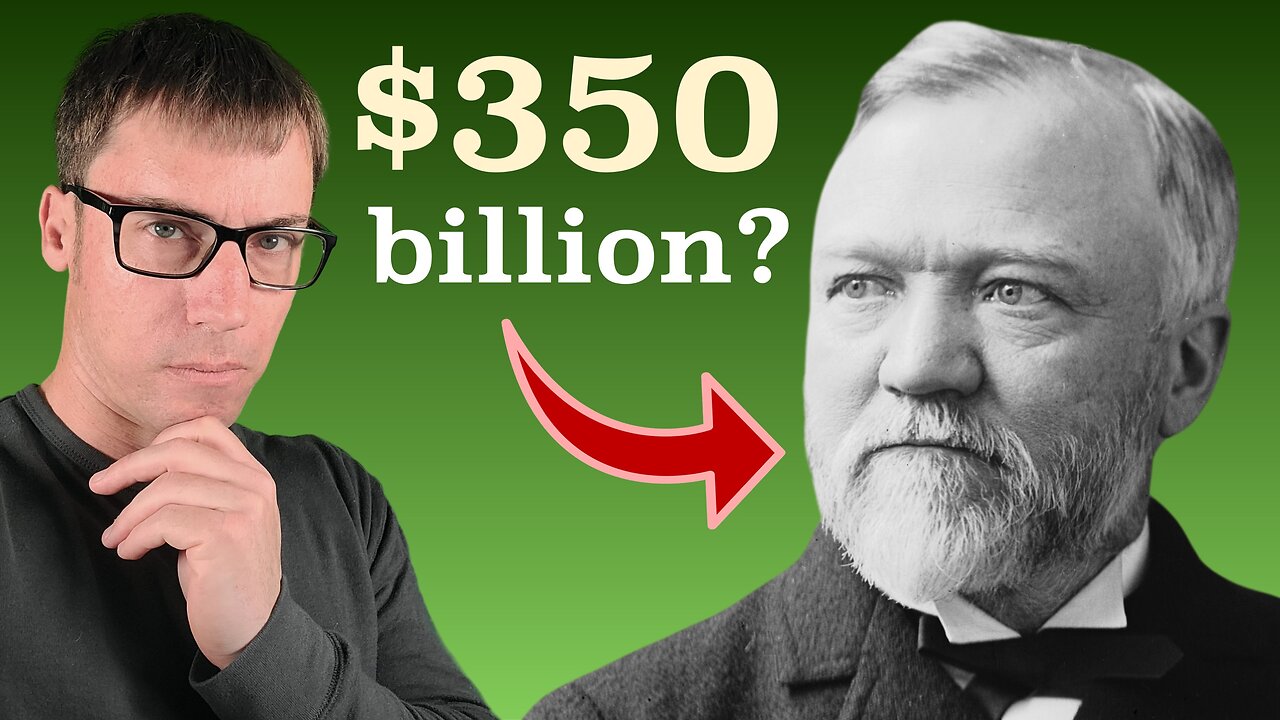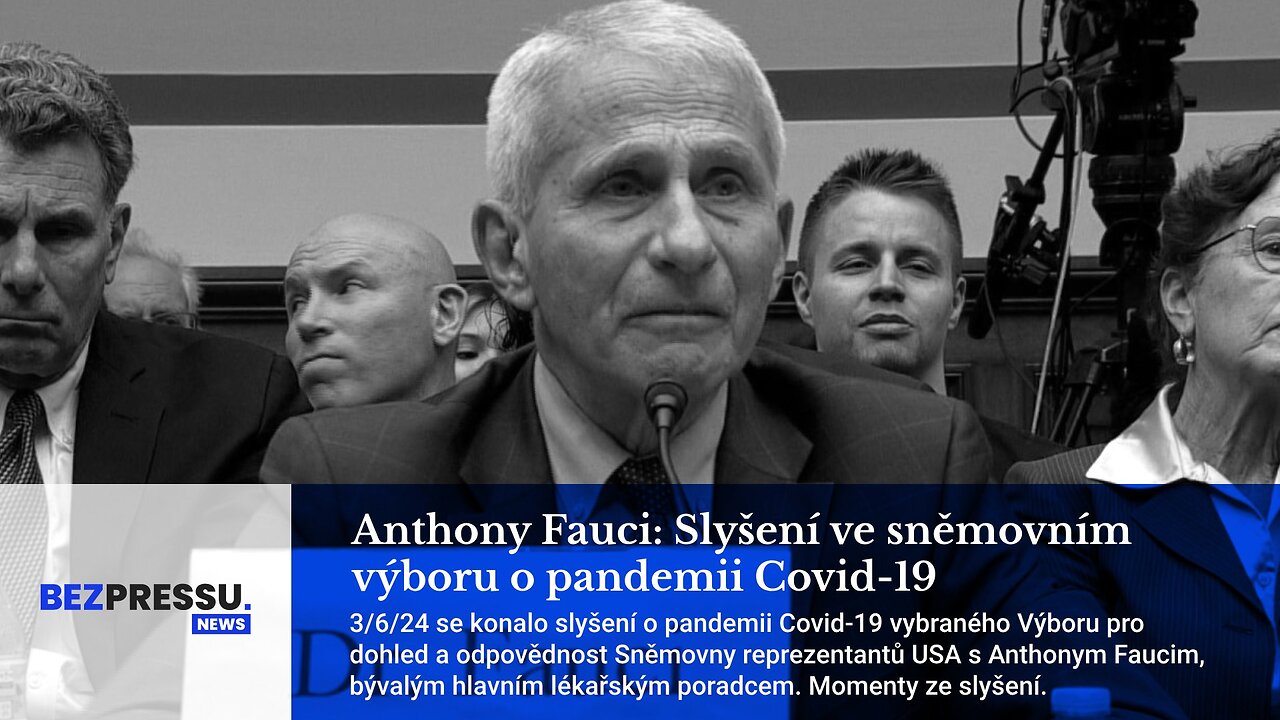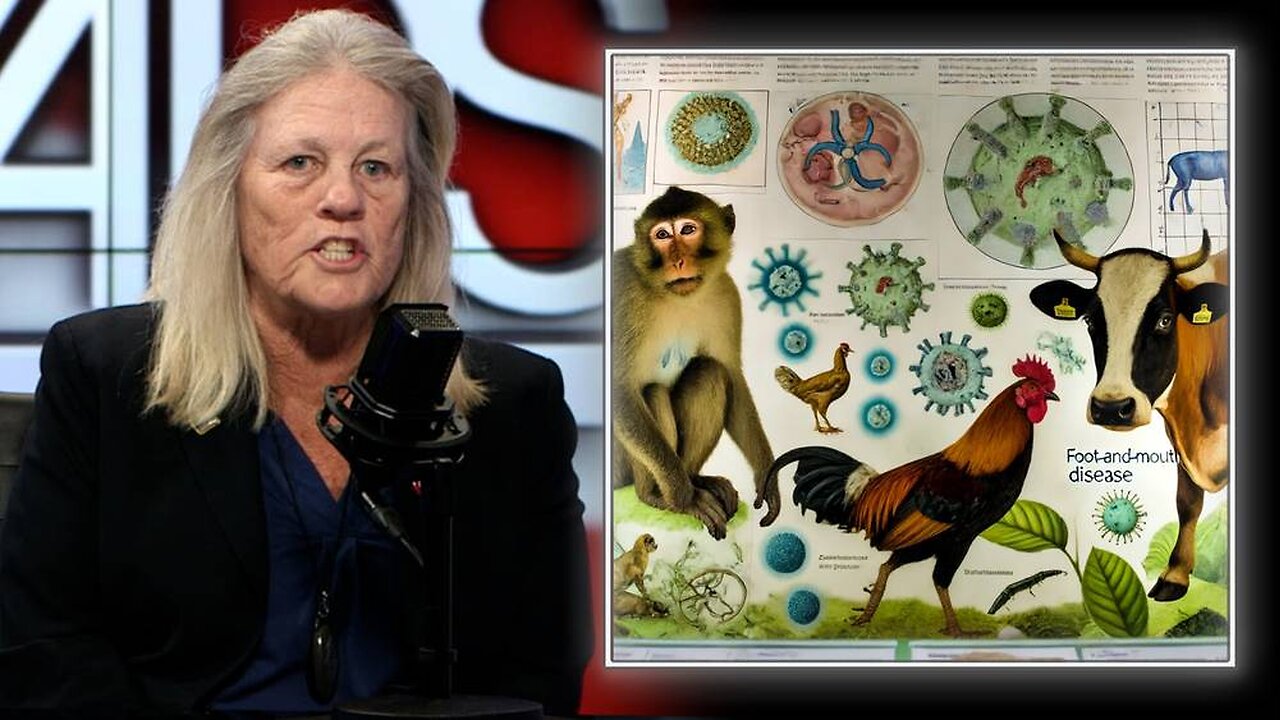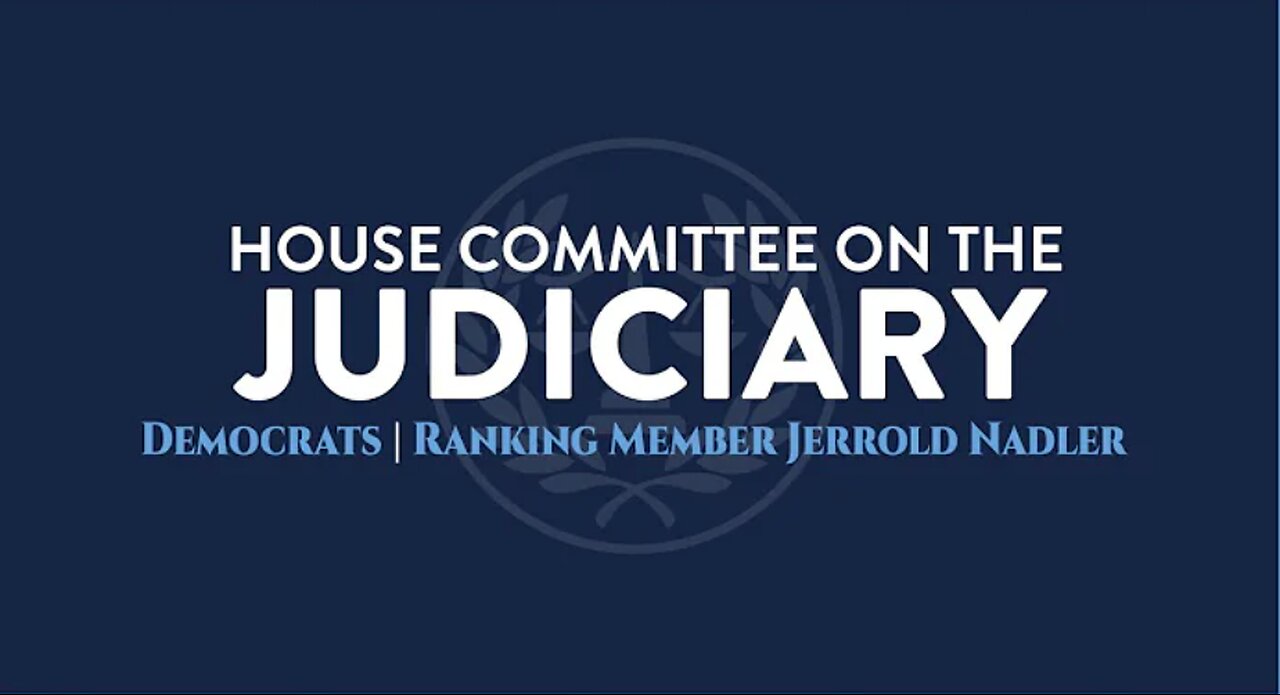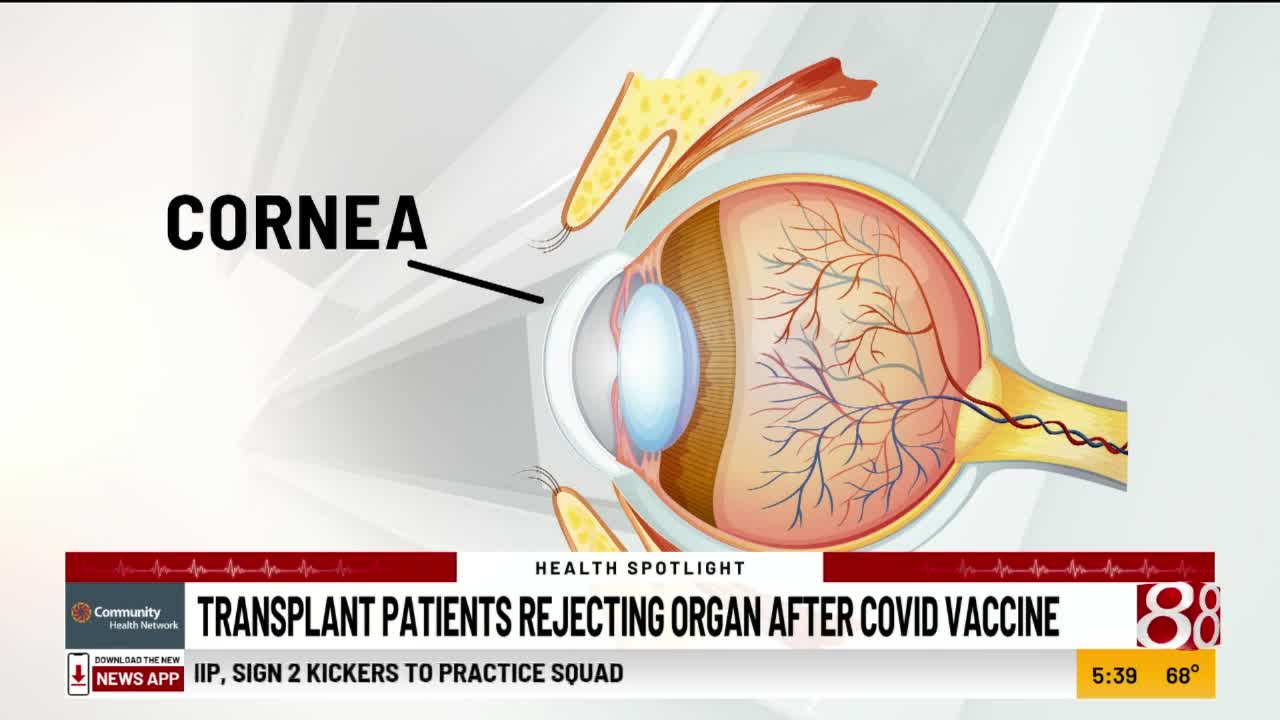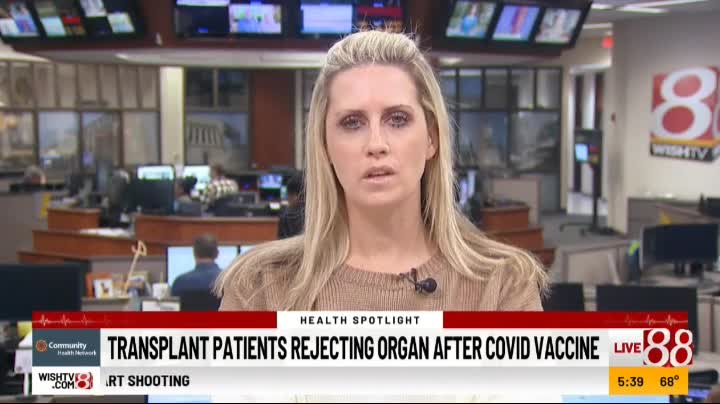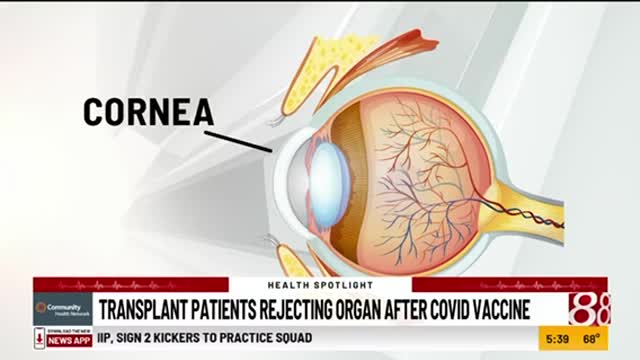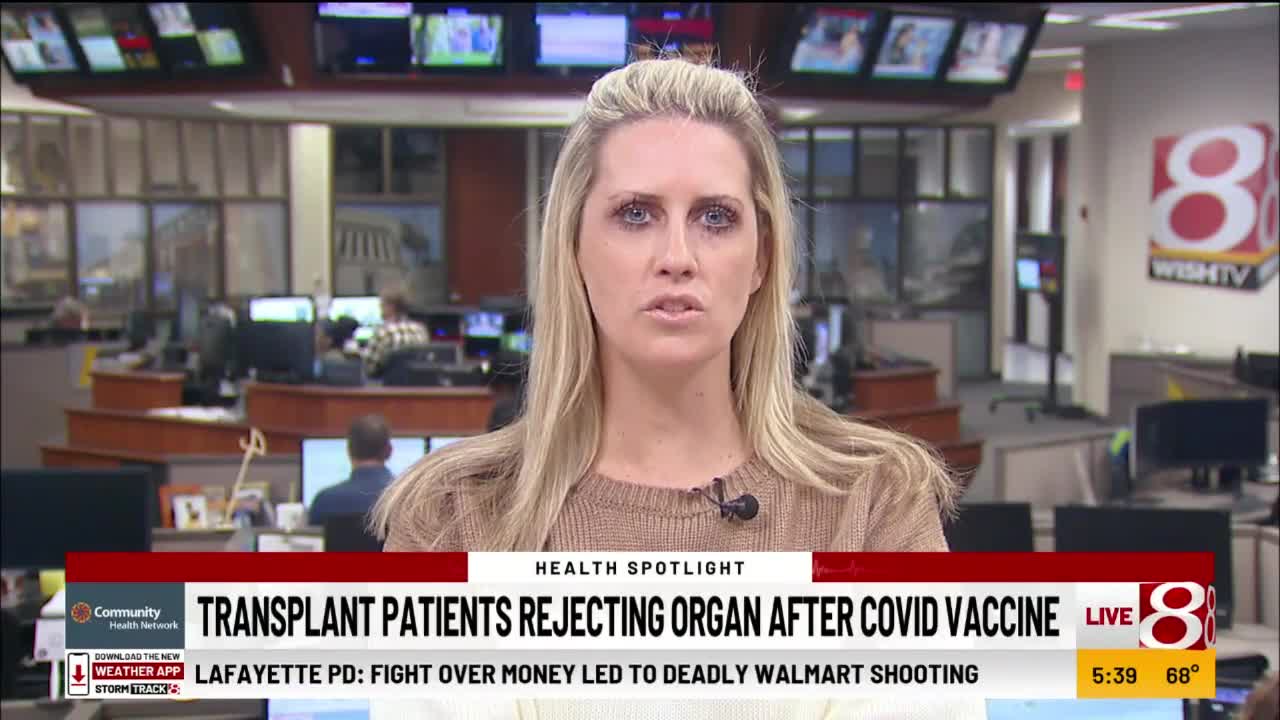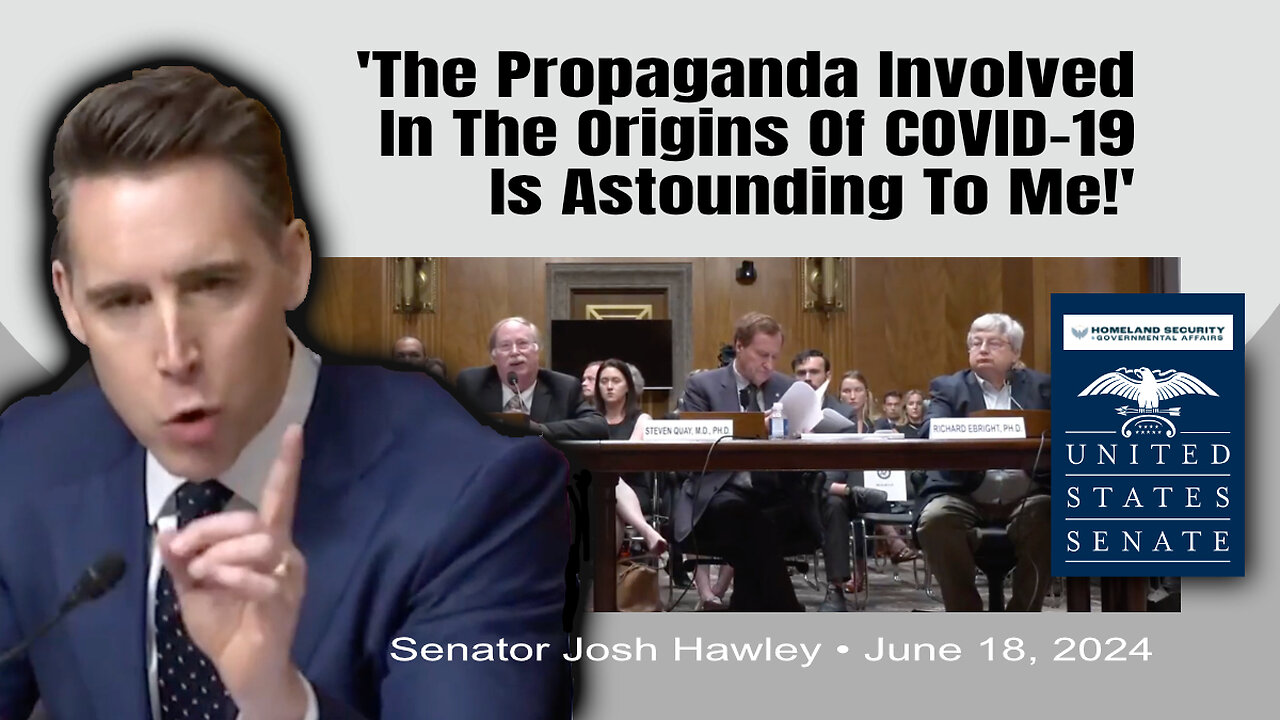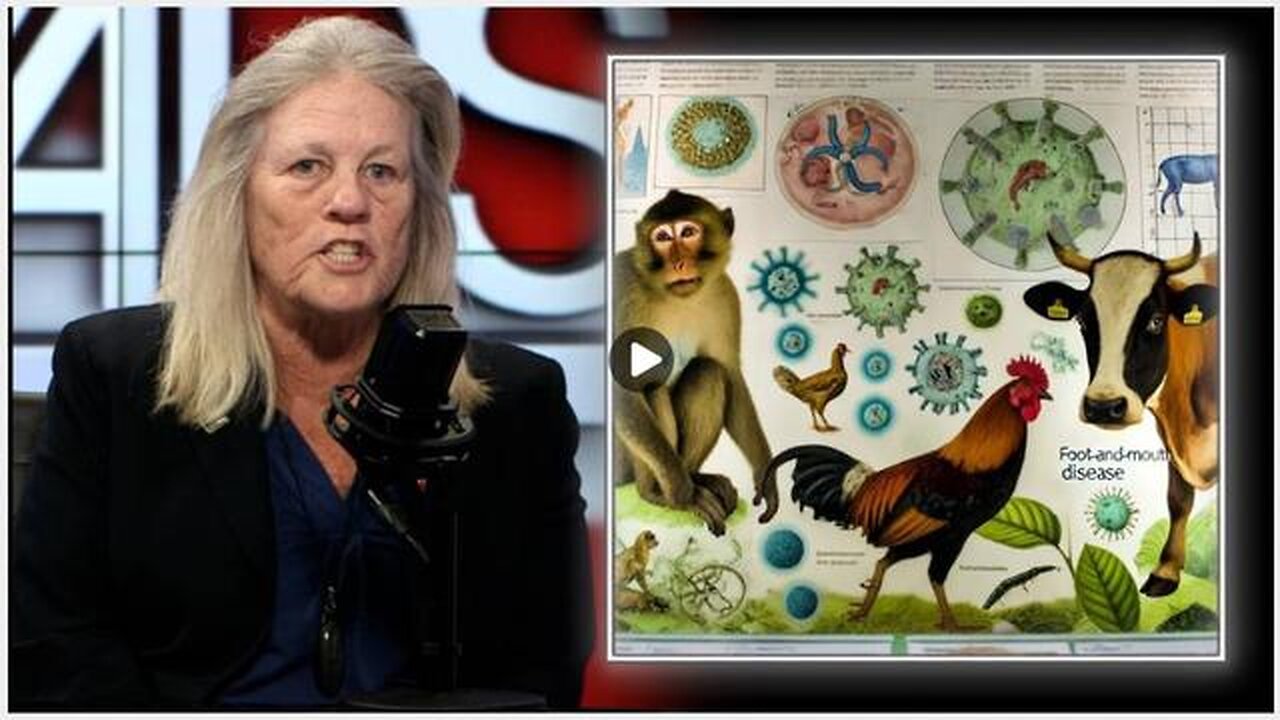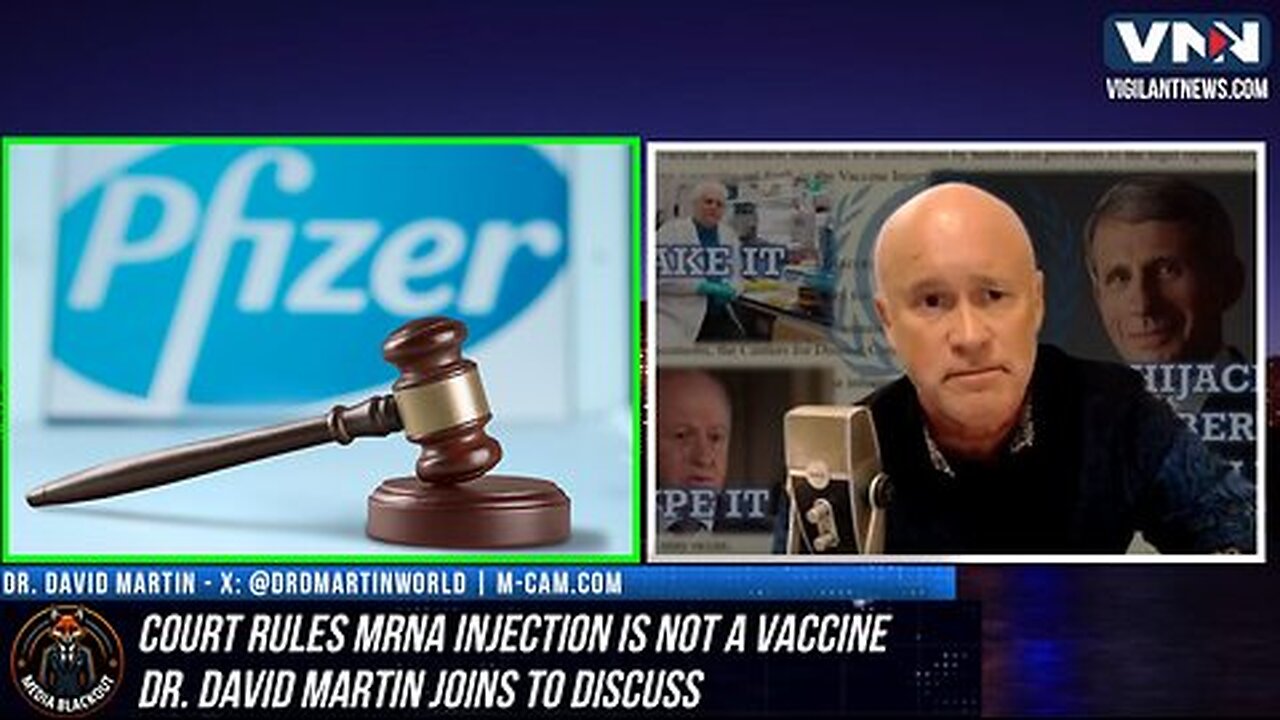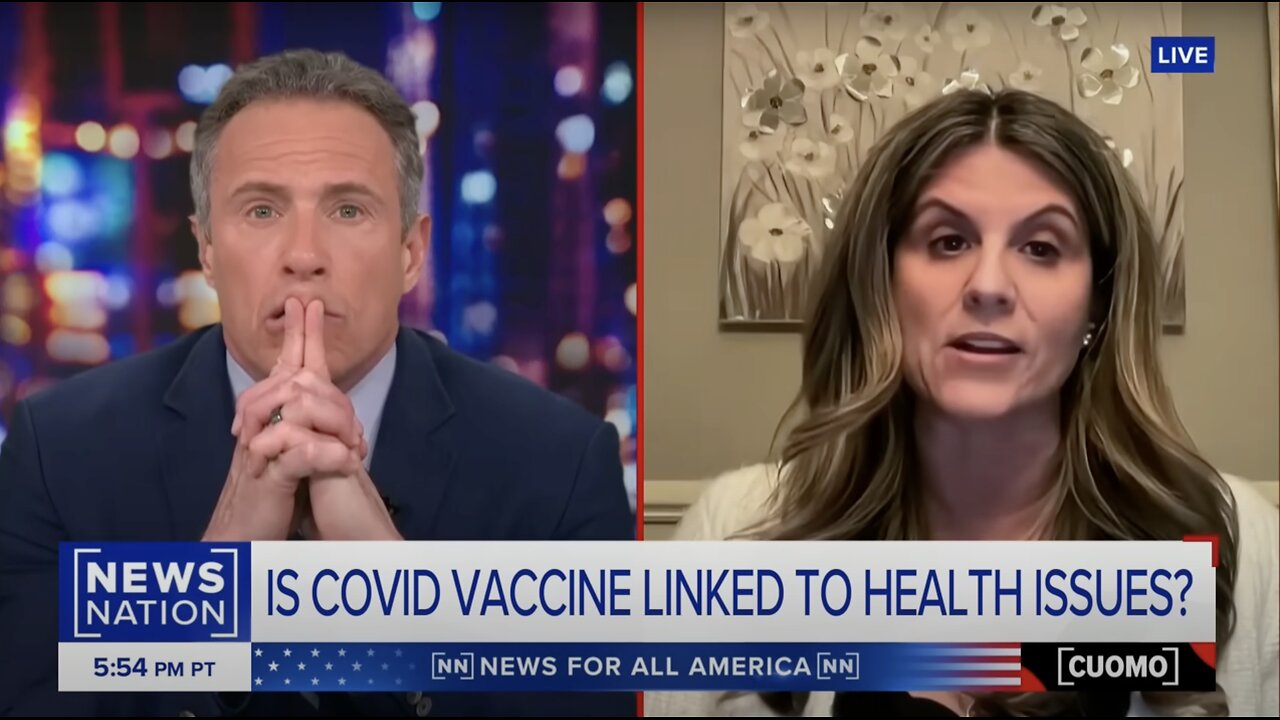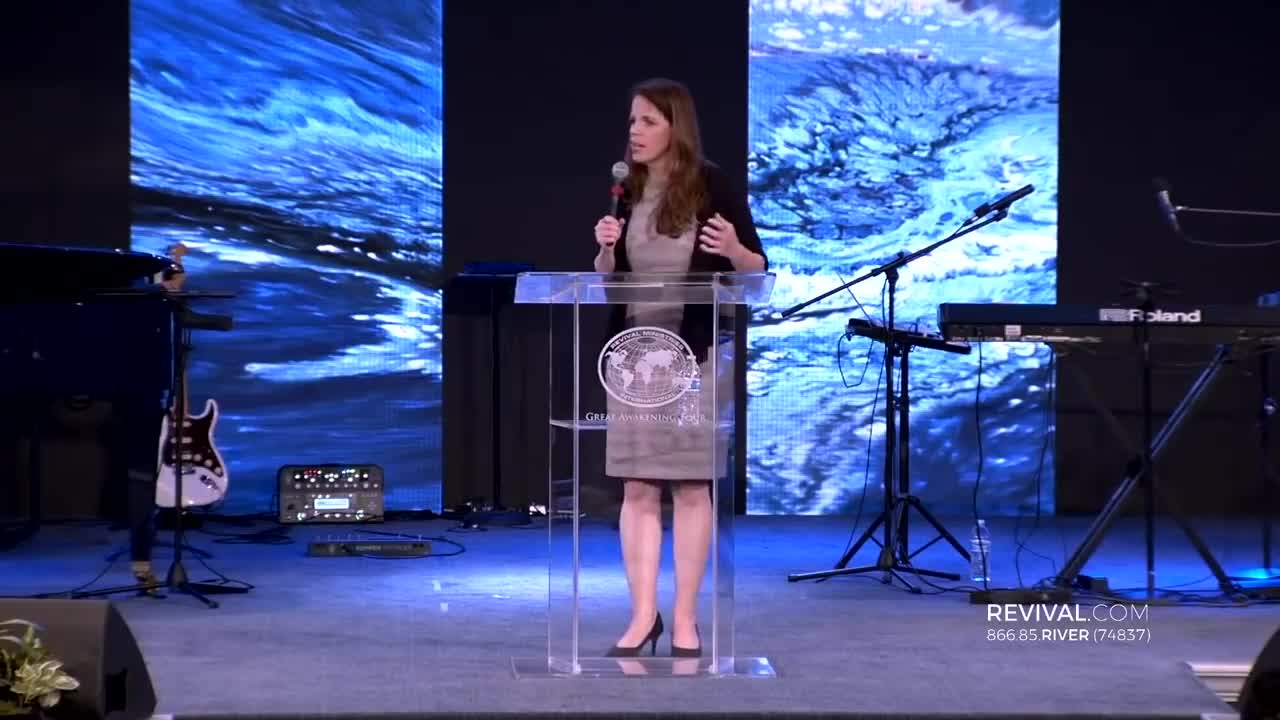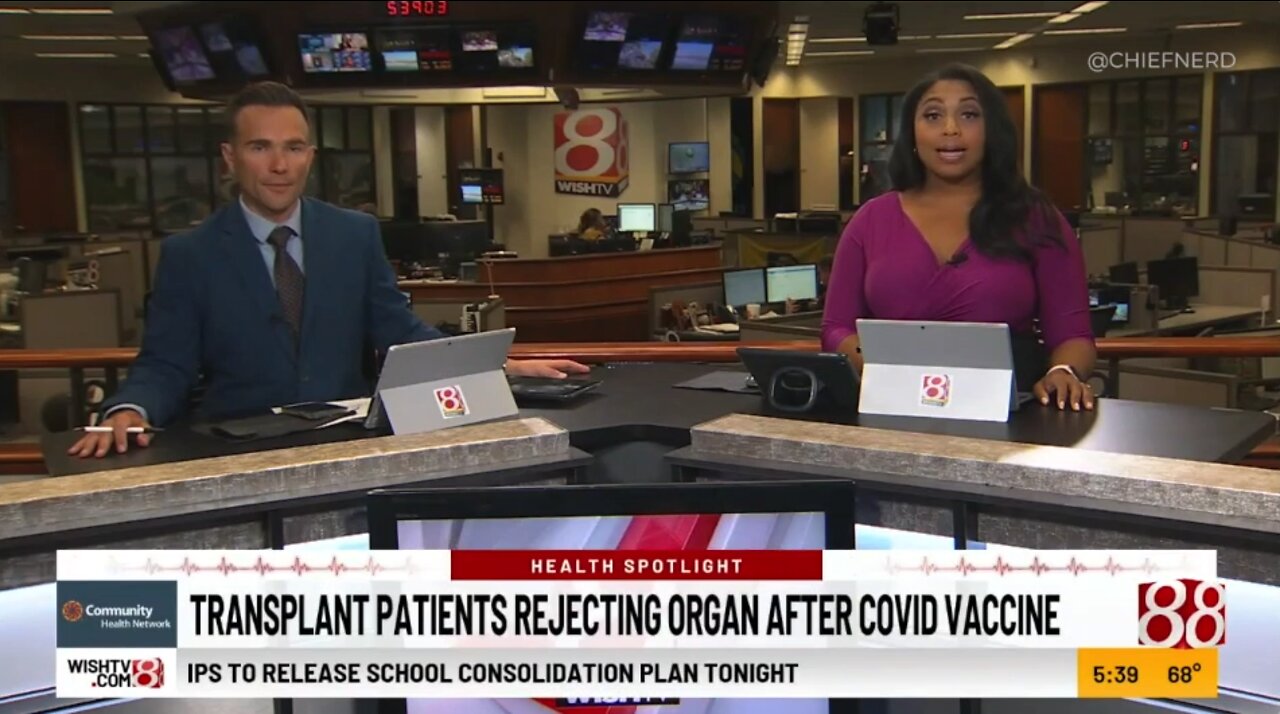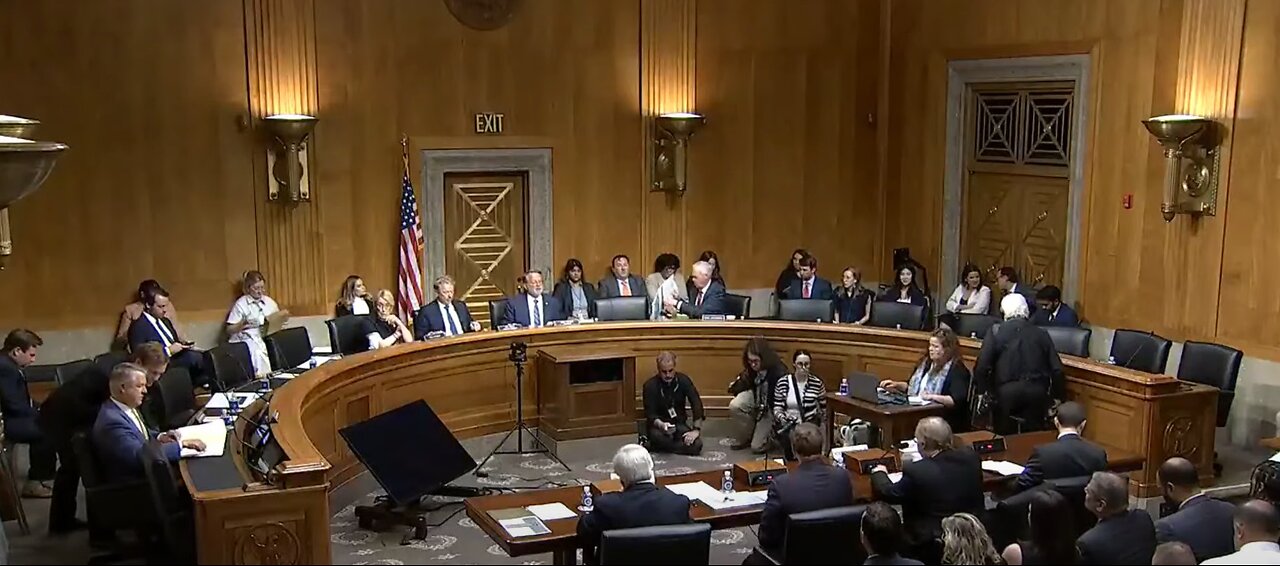Money Matters: Broad Divisia Money and the Recovery of Nominal GDP from the Covid 19 Recession
Wednesday, October 18, 2023 Hoover Institution | Stanford University Michael Bordo, Ilene and Morton Harris Distinguished Visiting Fellow at the Hoover Institution and Board of Governors Professor of Economics and director of the Center for Monetary and Financial History at Rutgers University, and John Duca, Danforth-Lewis Professor of Economics at Oberlin College and vice president and associate director of research at the Federal Reserve Bank of Dallas discussed “Money Matters: Broad Divisia Money and the Recovery of Nominal GDP from the Covid 19 Recession.” PARTICIPANTS Michael Bordo, John Duca, John Taylor, Annelise Anderson, Uschi Baches-Gellner, Christopher Ball, Michael Boskin, Pedro Carvalho, Maidul Chowdhury, John Cochrane, Steven Davis, Rongrui Duan, Darrell Duffie, Christopher Erceg, Shana Farley, Andy Filardo, Jared Franz, Bob Hall, Robert Hetzel, Robert Hodrick, Nicholas Hope, Ken Judd, Kevin Kliesen, Donald Koch, Evan Koenig, David Laidler, Mickey Levy, Livio Maya, Michael Melvin, Thomas Mertens, Radek Paluszynski, Charles Plosser, Samuel Reynard, Flavio Rovida, Paul Schmelzing, Apostos Serletis, Richard Sousa, Christine Strong, Jack Tatom, Yevgeniy Teryoshin, Victor Valcarcel, Mark Wynne ISSUES DISCUSSED Michael Bordo, Ilene and Morton Harris Distinguished Visiting Fellow at the Hoover Institution and Board of Governors Professor of Economics and director of the Center for Monetary and Financial History at Rutgers University, and John Duca, Danforth-Lewis Professor of Economics at Oberlin College and vice president and associate director of research at the Federal Reserve Bank of Dallas discussed “Money Matters: Broad Divisia Money and the Recovery of Nominal GDP from the Covid 19 Recession.” John Taylor, the Mary and Robert Raymond Professor of Economics at Stanford University and the George P. Shultz Senior Fellow in Economics at the Hoover Institution, was the moderator. PAPER SUMMARY The rise of inflation in 2021 and 2022 surprised many macroeconomists who ignored the earlier surge in money growth because past instability in the demand for simple-sum monetary aggregates had made these aggregates unreliable indicators. We find that the demand for more theoretically-based divisia aggregates can be modeled and that their growth rates provide useful information for future nominal GDP growth. Unlike M2 and divisia-M2, whose velocities do not internalize shifts in liabilities across commercial and shadow banks, the velocities of broader Divisia monetary aggregates are more stable and can be reasonably empirically modeled in both the short run and the long run through the Covid-19 pandemic and to date. In the long run, these velocities depend on regulatory changes and mutual fund costs that affect the substitutability of money for other financial assets. In the short run, we control for swings in mortgage activity and use vaccination rates and an index of the stringency of government pandemic restrictions to control for the unusual effects of the pandemic. The velocity of broad Divisia money temporarily declines during crises like the Great and COVID Recessions, but later rebounds. In each recession monetary policy lowered short-term interest rates to zero and engaged in quantitative easing of about $4 Trillion. Nevertheless, broad money growth was more robust in the COVID Recession, likely reflecting that the banking system was less impaired and could promote rather than hinder multiple deposit creation. Partly as a result, our framework implies that nominal GDP growth and inflationary pressures rebounded much more quickly from the COVID Recession versus the Great Recession. We consider different scenarios for future Divisa money growth and the unwinding of the pandemic that have different implications for medium-term nominal GDP growth and inflationary pressures as monetary policy tightening seeks to restore low inflation. To read the paper, click the following link https://www.hoover.org/sites/default/files/research/docs/23109-Bordo-Duca.pdf To read the slides, click the following link https://www.hoover.org/sites/default/files/2023-10/BordoDuca%202023%20Money%20Matters%20Oct%2019%20posting%5B1%5D.pdf
